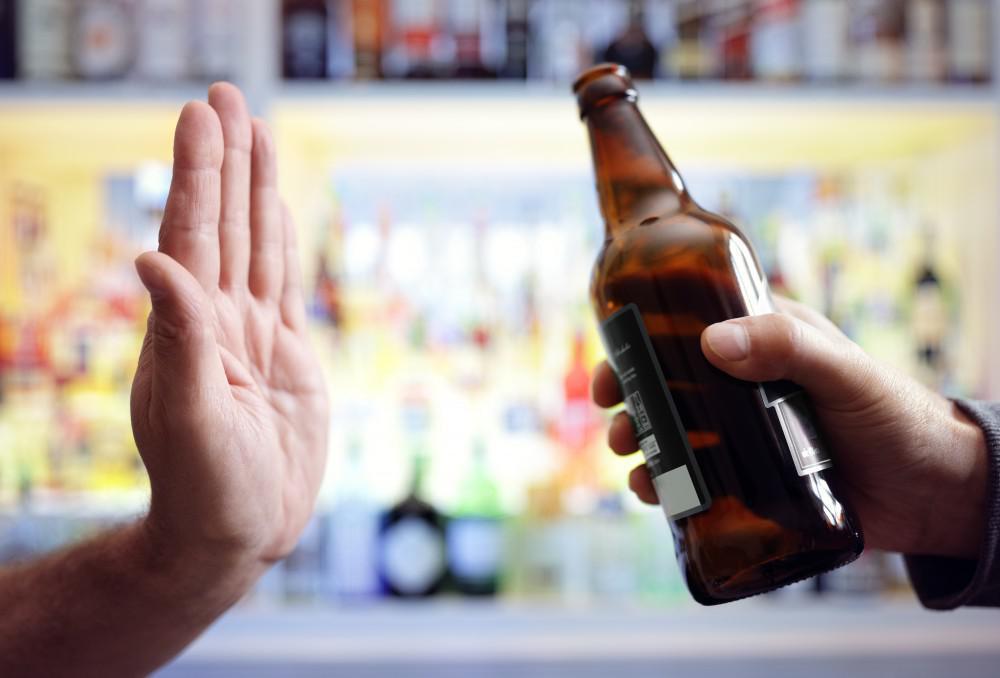
5 Tips for Staying Sober
You’ve done the work to become clean and sober, and you want to do what you can to stay that way. Here are five great tips that will help you safeguard your freedom from a substance use disorder.

A substance use disorder is a chronic disease, along the same lines as diabetes, hypertension, and asthma. What all of these conditions have in common is that
they require constant vigilance and proper management to avoid a relapse. While relapse may not be the right word, we’re referring to an asthma attack, high
blood sugar levels, or blood pressure numbers that rise again.
Unfortunately, substance use disorders share the same rate of relapse as these other diseases — about 40%-60% of affected people will experience a relapse.
If you’ve watched a loved one break free from alcohol or drugs, you want to do what you can to monitor their sobriety and health. This means that you should be aware of the signs of relapse.
To help, the team here at Northview Wellness pulled together five of the more common signs of relapse and how we can help through our recovery support.
If your loved one relied on support groups in their recovery and they stop participating, this is a potential warning sign, but not a definitive one. A loved one’s participation in support groups may only be beneficial to them during the early days of recovery. After a while, they may find their feet and their strength and choose to go it alone.
However, if they stop participating and display some of the other signs we point out below, then the non-participation is cause for concern.
In most cases, a person who relapses doesn’t just suddenly go out and use and drink again out of the blue. Instead, the relapse starts subtly, on an emotional level. For example, your loved one may start to become distant, with you and with others. They may isolate more, choosing to be alone.
On the flipside to the withdrawal issue is one of reconnection to the past. If your loved one starts to hang out with people that are associated with their using or going to places where they used to indulge their substance use disorder, such as the bar, this might be problematic.
A person who is relapsing is at war with themselves, which can make them very irritable and angry. If you sense an underlying anger, and questions that you
pose are met with angry and quick denials, it could be a sign that they’ve relapsed.
We caution you here because, when a person first breaks free from alcohol or drugs, their emotions may come flooding back — the good and the bad. So, the
anger may not be related to relapse.
The odds are good that when your loved one was using, they lied frequently to hide their addiction. In recovery, there shouldn’t be any reason to lie anymore, so if you catch your loved one in a lie about where they were, who they were with, etc., this could signal a relapse.
Ultimately, you know your loved one best and you likely know their own, unique signs of addiction and dependence. You also know how difficult it can be to deal with someone who is in the throes of a substance use disorder, so we urge you to contact us for help.
Together, we can discuss the signs and next steps so we can get your loved one back on track.
For compassionate and experienced care of your loved one’s relapse, please contact our office by phone or email to set up a consultation.

You’ve done the work to become clean and sober, and you want to do what you can to stay that way. Here are five great tips that will help you safeguard your freedom from a substance use disorder.

The connection between a substance use disorder and a mental health issue is a strong one, as the nearly eight million Americans who have a co-morbidity prove. When this occurs, treating both issues is paramount.

You believe that you’re drinking isn’t normal anymore, and you’re tired of the overwhelmingly negative effects that alcohol is having on your life. The good news is that alcoholism is highly treatable.

The rise in availability of telehealth services has been great news for those who need (or would prefer) to receive quality health care from the comfort of their own homes. These services also extend to substance use disorders.

Whether you’ve tried to break your opioid addiction before or this is your first attempt, why not greatly increase your chances of success with Sublocade®? Here’s a look at how Sublocade can ease your recovery journey.

You’ve had a front row seat to your partner’s substance use disorder, so you’re, understandably, relieved when they announce they’re going to quit. The withdrawal and detox process can be tough and here’s how you can help.